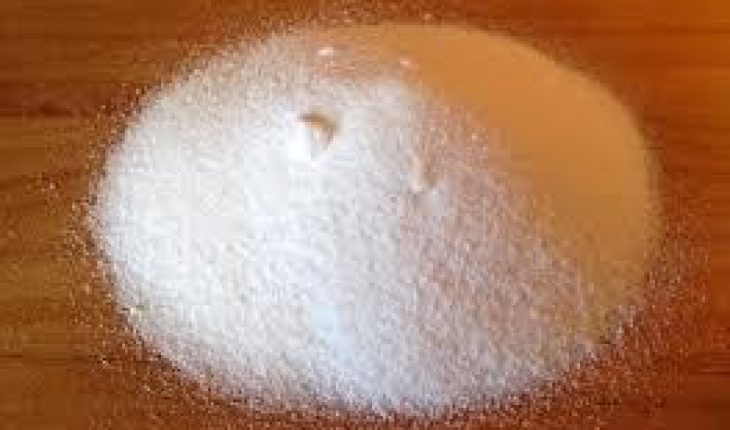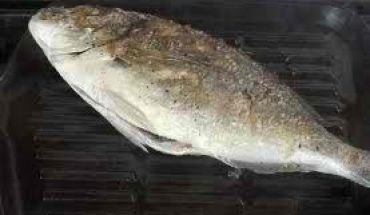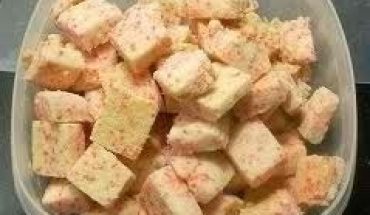Potassium nitrate, a transparent white crystalline compound (KNO3), is used to pickle meat and in the manufacture of pyrotechnics, matches, fertilizers, explosives and rocket propellants. It occurs as colorless, prismatic crystals or as white powder and is found pure in nature as the mineral niter or saltpeter. It is also the natural solid source of nitrogen.
Properties of potassium nitrate
- Potassium nitrate is slightly soluble in cold water but very soluble in hot water.
- It releases oxygen when it decomposes upon heating.
- Potassium nitrate is not soluble in alcohol and it is not poisonous.
- By itself it is not explosive but there can be an explosive reaction with reducing agents.
- It is not a hygroscopic material as it absorbs only about 0.03% water in 80% relative humidity over 50 days.
Uses of Potassium Nitrate
- It was used in the past for several kinds of burning fuses such as slow matches. It is also used in the production of model rocket propellants and several types of fireworks.
- Potassium nitrate is used in the production of nitric acid.
- It is used as a food preservative and is an important ingredient in salted meat.
- It is used in toothpaste for sensitive gums.
- It is used in fertilizers and is the source of two of the macro nutrients for plants.
- It is one of the three components of black powder as it acts as an oxidizer.
- Potassium nitrate is added to pre-rolled cigarettes in order to maintain and even burn of the tobacco.
- It accelerates the decomposition of tree stumps and is therefore the main component in tree stump remover.
- It can also be considered as a good short-term rust inhibitor.
- Potassium nitrate is used in the heat management of metals as a solvent in the post-wash.
- It was once used to fight high blood pressure.
Health Effects
There are a few health risks where potassium nitrate is concerned. Inhalation of potassium nitrate will cause irritation to the respiratory tract and may cause coughing or shortness of breath. If it is ingested there will be irritation to the gastrointestinal tract and may cause nausea, vomiting, diarrhea and purging. Contact of potassium nitrate with one’s skin will cause redness, itching and pain at the affected area. If it gets in contact with the eyes, there will be irritation, redness and pain in the affected eye(s). If there is prolonged exposure to potassium nitrate the effects will be adverse. These effects may be anemia or effects to the kidney. If there is a conversion in a person’s stomach of the potassium nitrate to bacteria there may also be adverse effects. The affected person may experience nausea, vomiting, dizziness, rapid heartbeat, convulsions, a coma, irregular breathing and in some cases even death may occur.
If potassium nitrate has been ingested, vomiting should be induced as soon as possible. If inhaled, as much fresh air as possible should be sought. On the skin, the area of contact should be washed for at least 15 minutes. Flush the affected eyes(s) immediately.





